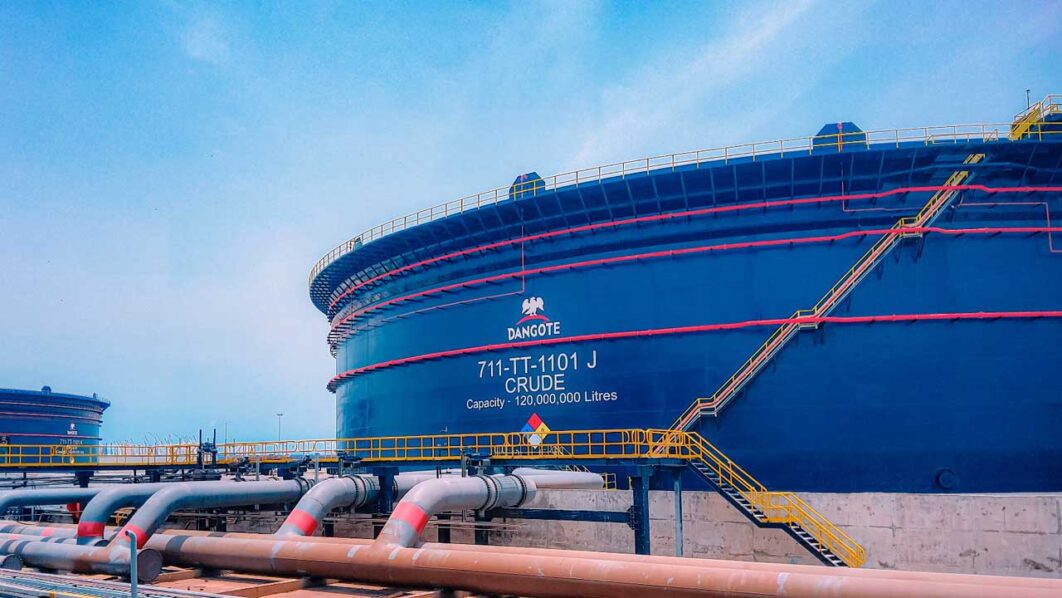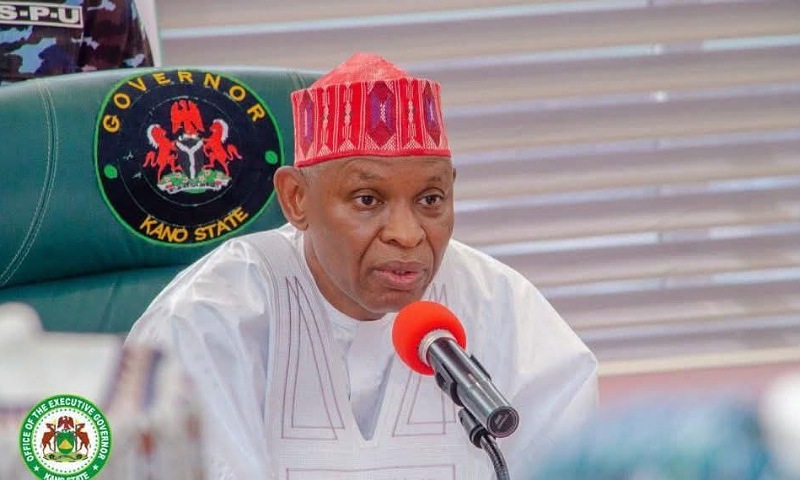Nigeria continues to rely on imported petrol even though the Dangote Refinery now operates at scale. Data from industry regulators show that between October 2024 and July 2025, the country brought in around 9 billion litres of petrol. That figure represented more than 70 percent of national demand, while local production met only about 3.5 billion litres.
Why Nigeria Still Imports Petrol
The Dangote Refinery can process up to 650,000 barrels of crude oil daily. However, the refinery does not receive enough local crude feedstock to meet demand. Crude shortages, logistics issues, and occasional disruptions have slowed output. By July 2025, the refinery supplied less than one-third of the country’s needs, forcing marketers to continue importing large volumes of petrol.
The Economic Impact
Heavy import dependence has weakened Nigeria’s foreign reserves and increased fuel costs. Reports show that petrol import bills climbed to more than ₦15 trillion in 2024. Many analysts argue that refining capacity alone will not solve the problem unless crude supply and transport infrastructure improve.
What Nigeria Must Do
To reduce imports, Nigeria must fix crude oil supply lines and secure pipelines. Authorities should also ensure that locally refined petrol is sold within the country rather than exported. Better coordination between regulators and refinery operators can help close the supply gap.
Conclusion
Nigeria’s import numbers show that refinery operations alone are not enough. The Dangote Refinery is a step toward energy independence, but stronger policies, better logistics, and improved crude availability are necessary for lasting change.
Bonus Read: U.S. Rejects Dirt-Cheap Coal Sale Over Market Value Rule




2 thoughts on “Nigeria Imports Billions of Litres of Petrol Despite Dangote Refinery”